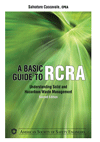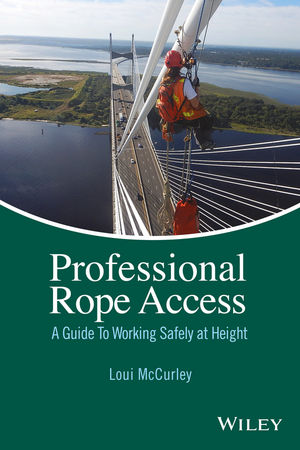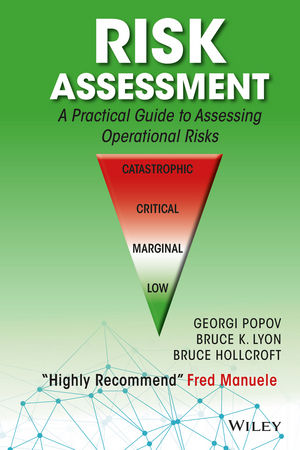Don’t let a checklist mentality be a shortcut to safety

Laws and regulations governing the refining and petrochemicals industries largely exist to protect people and the environment, said John Carroll, vice president of compliance services with the crisis and emergency management consultancy Witt O'Brien's, LLC. Although compliance does affect a downstream company's bottom line, Carroll warns that relegating compliance to "just making checkmarks on a checklist" can exact greater costs later on. The "checklist" mentality stems from a lack of leadership within an organization.
"Compliance, and conforming with compliance, is a value system that has to come from management on down," Carroll said. "A lot of times we'll see organizations get fined or have a series of safety mishaps and they'll hire a position to fix those (problems), but then those positions aren't supported by upper management so there's actually not anything done. For these things to be successful in the industry, they have to be supported by upper management."
Carroll also cautions against addressing compliance-related problems on an ad hoc basis. He said that implementing solutions for the long term, rather than relatively inexpensive quick fixes, create the most value for a company from a compliance standpoint. Scheduling plant maintenance provides an excellent opportunity to deploy a long-range compliance plan, he said. For instance, he pointed out that staggering project schedules to make the best use of maintenance workers' time as well as not deferring projects can minimize safety and environmental compliance risks.
"Be cognizant of deadlines required by regulations, and combine resources to make the most of your money," Carroll said. "Don't let things go by the wayside. There's a misconception that you can get away with doing something cheaply. You'll most likely have to come back and do it again."
Source: Rigzone
Looking for a reprint of this article?
From high-res PDFs to custom plaques, order your copy today!






